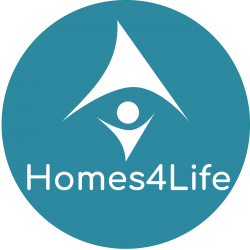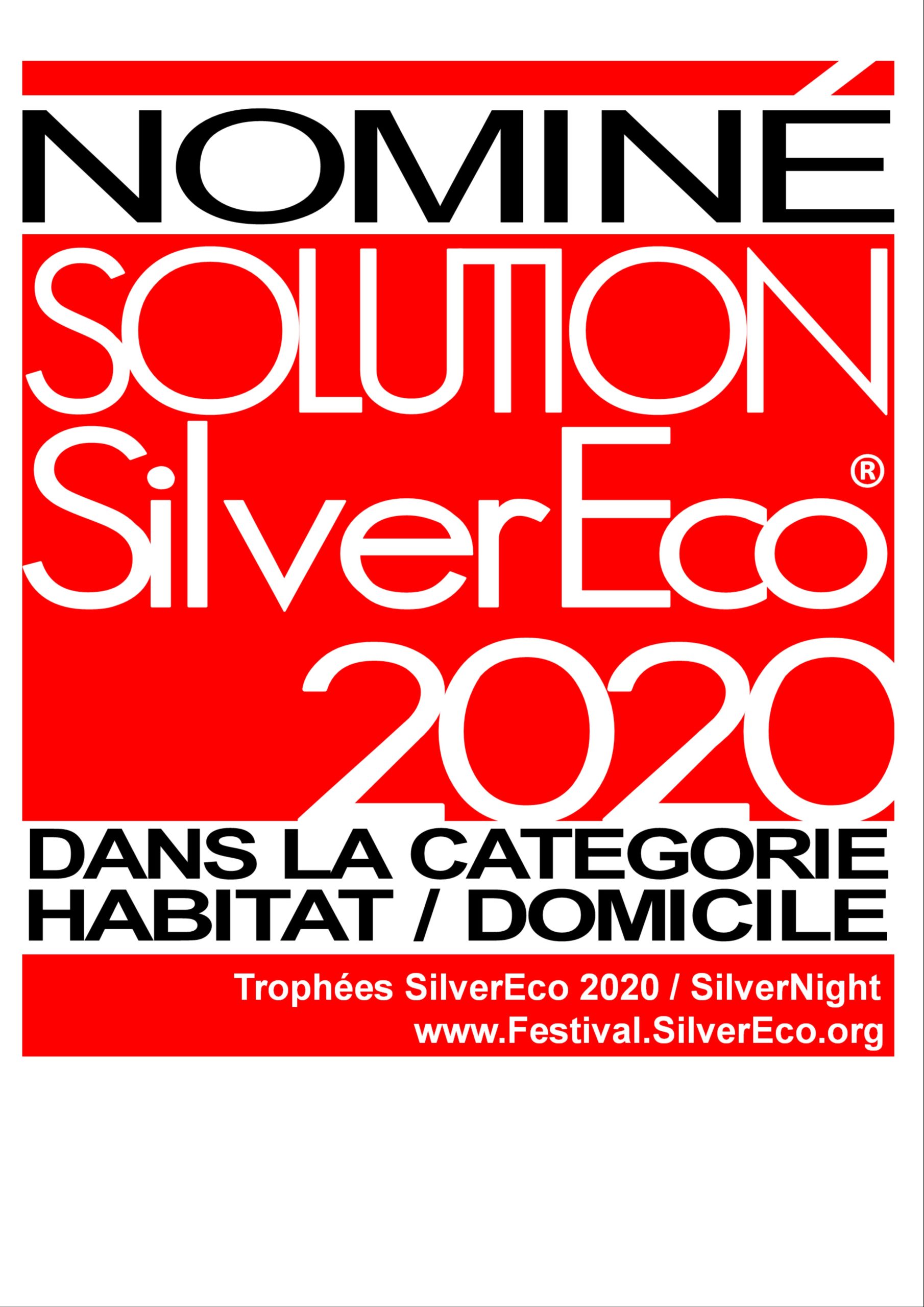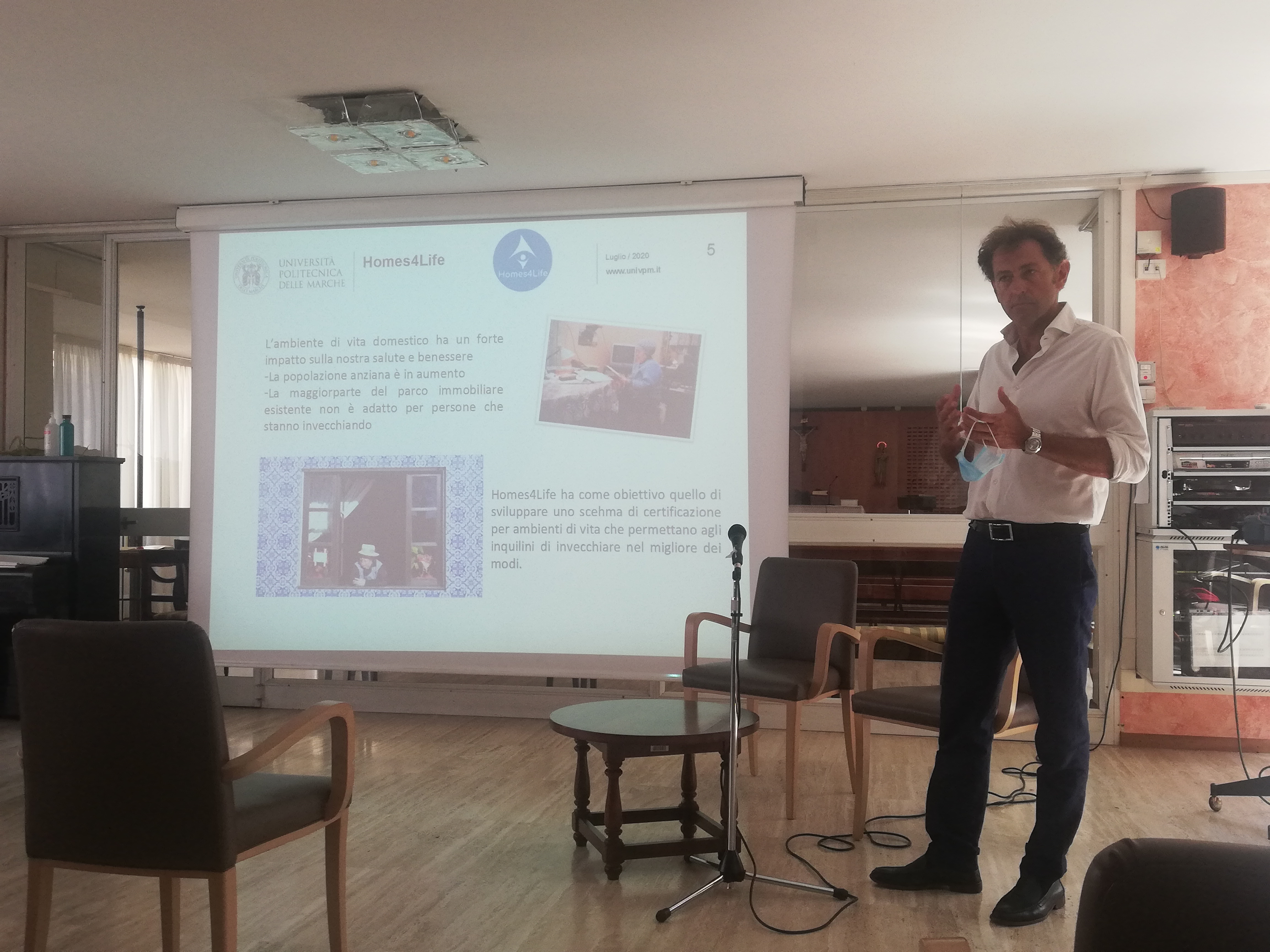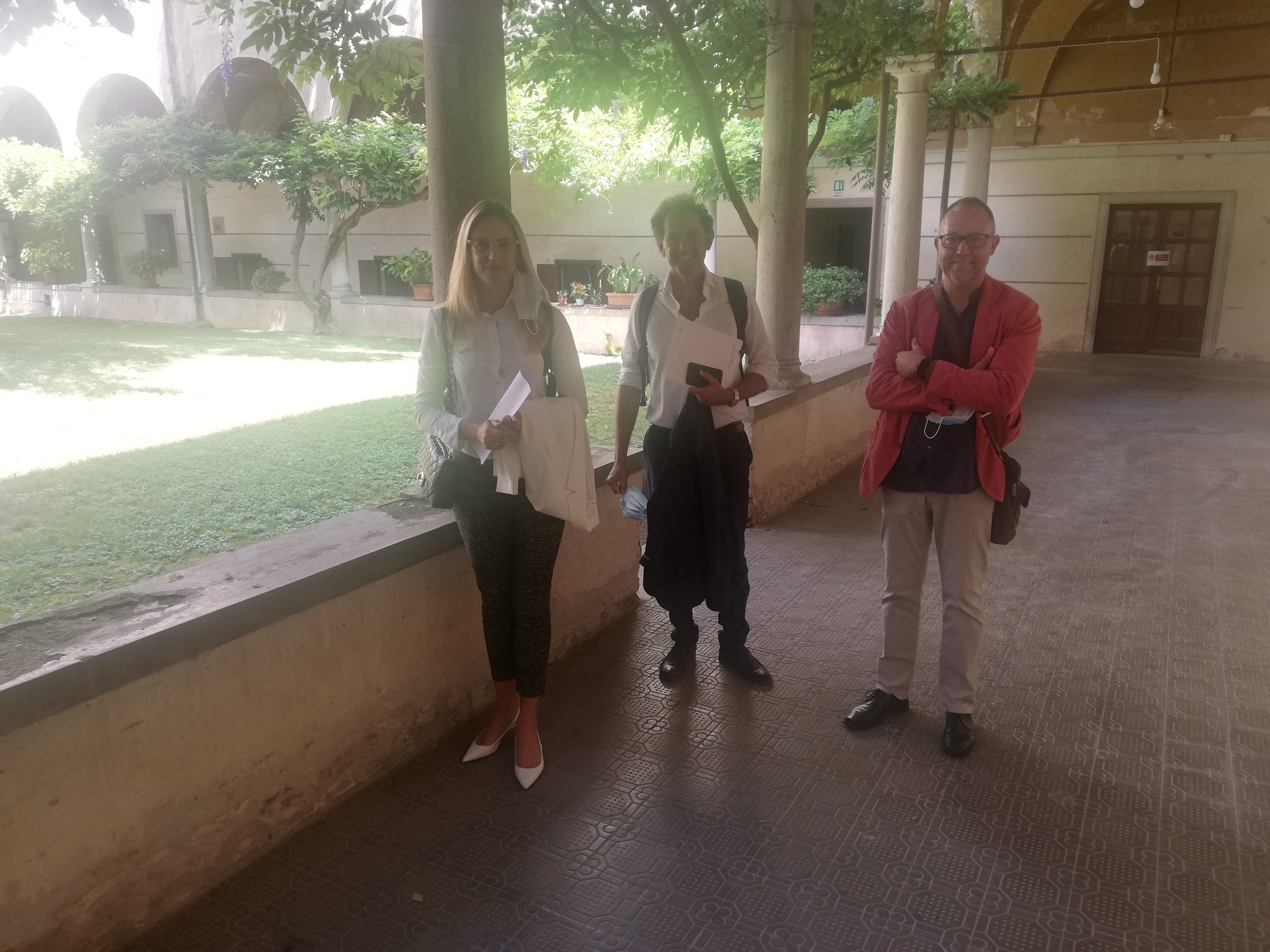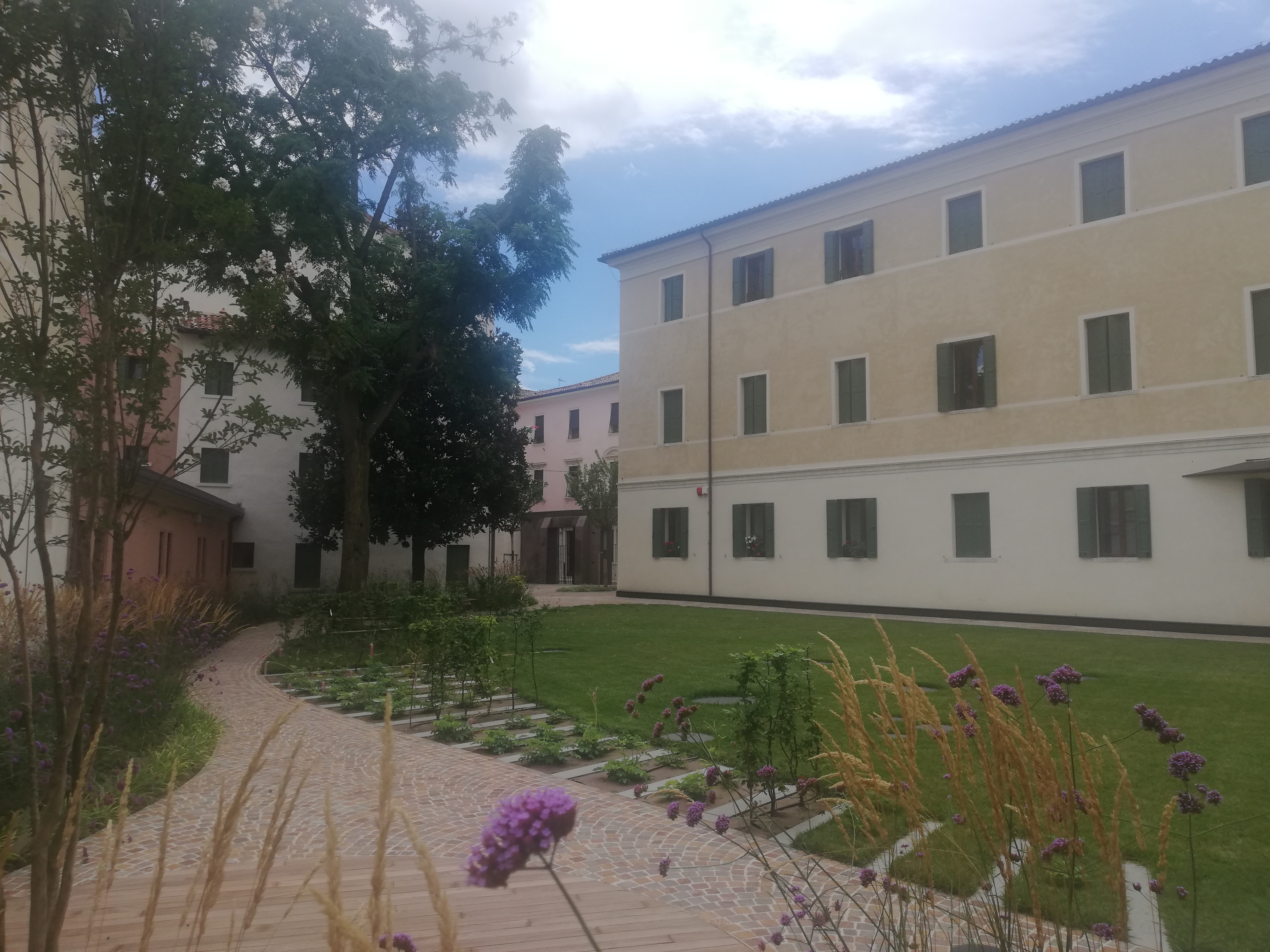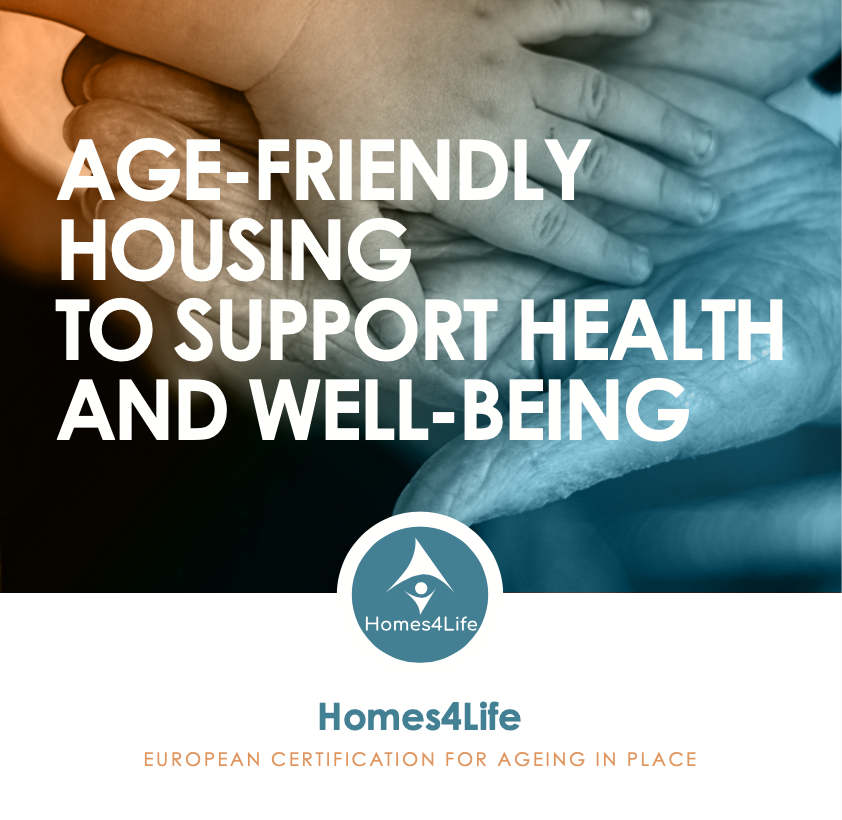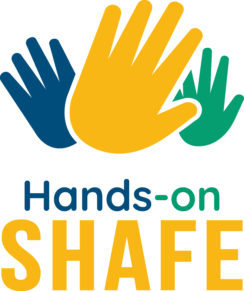 The EESC held a webinar on affordable housing on September 10th 2020, where MEP Kim Van Sparrentak presented her position on housing. MEP Kim van Sparrentak is rapporteur for the European Parliament in the Employment and Social Affairs Committee on the report: ‘Access to Decent and Affordable Housing for All’. The report outlines proposals to tackle the housing crisis in Europe. It sets out the concrete policy and legislative measures Europe should take to transform the situation and ensure that housing is decent, affordable, and accessible for all.
The EESC held a webinar on affordable housing on September 10th 2020, where MEP Kim Van Sparrentak presented her position on housing. MEP Kim van Sparrentak is rapporteur for the European Parliament in the Employment and Social Affairs Committee on the report: ‘Access to Decent and Affordable Housing for All’. The report outlines proposals to tackle the housing crisis in Europe. It sets out the concrete policy and legislative measures Europe should take to transform the situation and ensure that housing is decent, affordable, and accessible for all.
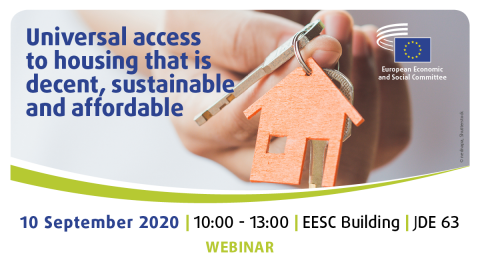
EESC president Luca Jahier said:Since all the countless initiatives, aid and investments for the benefit of the residential housing sector at Community, national, regional and local level fail to resolve this structural crisis, the EESC is proposing a European action plan for decent and affordable housing in the framework of the implementation of the 19th principle of the European Pillar of Social Rights and the future “building” plan of the Green Deal. This plan should include a set of strategic measures helping Member States, regions and European cities to relaunch the supply of decent and affordable housing in a sustainable way, while strengthening their health and energy performance.

